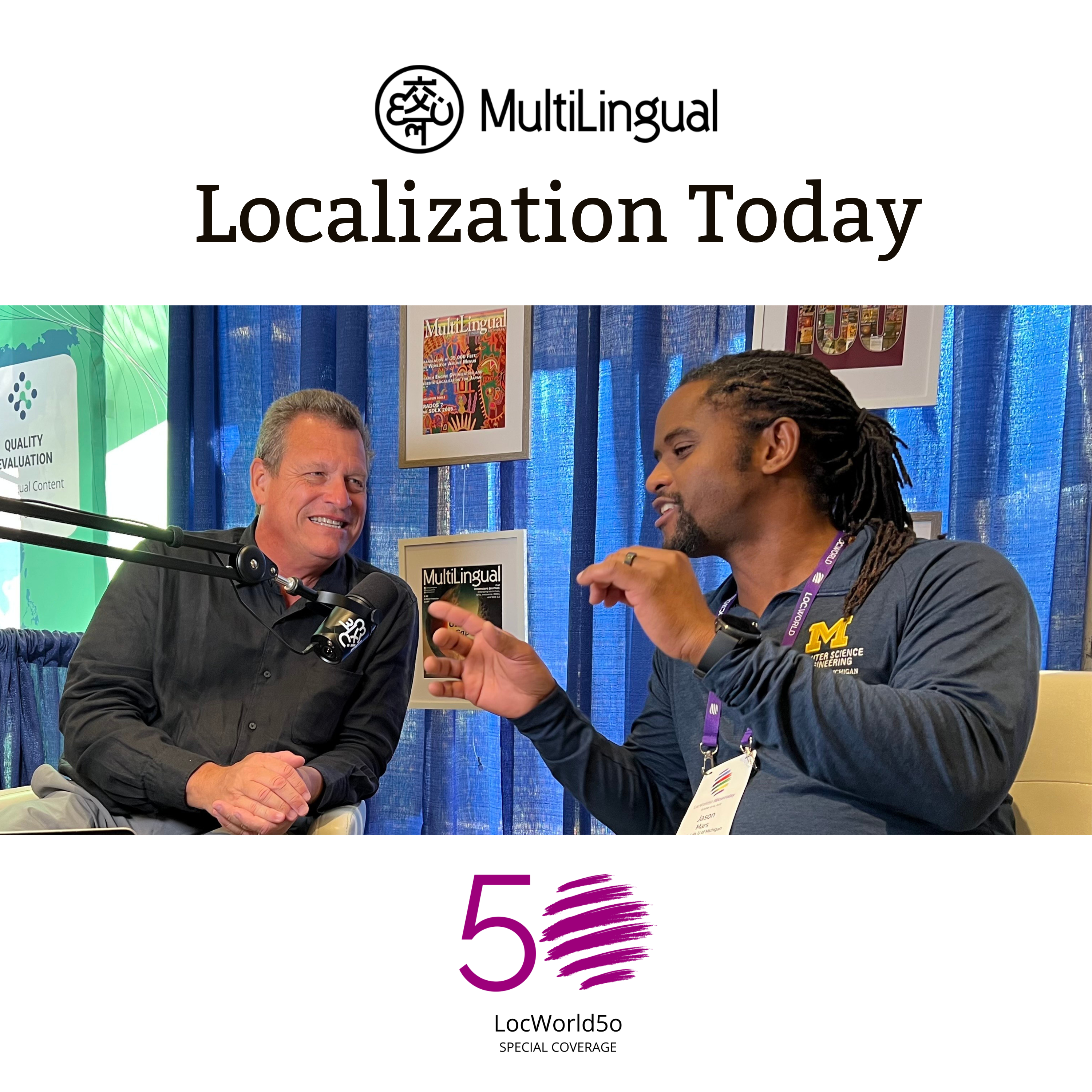Episode Transcript
Perhaps one of the most common negative stereotypes of the average US resident is a general ignorance of other cultures and languages distinct from their own.
That said, many seem motivated to break the mold — a survey of 1,055 English-speaking US residents conducted by Word Tips shows that 61% hope to learn a new language in 2022. Still, they have a long way to go — in a general test of Americans’ abilities to identify the language of origin of English loan words and non-Latin scripts, Americans scored an average of 34%.
“There is a preconceived notion among the international community that Americans are not good with learning other languages, and our respondents’ results on this quiz did little to dispel this stereotype,” the Word Tips team wrote in a recent blog post exploring the survey results. “On average, quiz-takers received a score of just 34%: a failing grade.”
When presented with words like “avatar” (a loan word from Sanskrit) or “ketchup” (a loan word of disputed origins that most likely comes from Chinese), less than half of Americans were able to identify the origins of the language. Those test results are particularly low considering the fact that the test consisted only of vocabulary, with no emphasis on other factors of linguistic knowledge, like grammar or phonology. Of course, it should be noted that the ability to identify a loan word’s origins doesn’t necessarily translate to a natural ability for learning the language of origin.
Image credit: Word Tips
Word Tips suggests that this phenomenon might spill over into English-speaking Americans’ travel practices. 60% of respondents to the survey said that they prefer to travel to English-speaking countries, with 6% stating that they don’t travel internationally at all. 30% had no linguistic preferences, and 4% responded that they prefer to visit non-English speaking countries. Travel was the number one reason respondents said they were interested in learning a language, however.
“Such low proficiency on the language identification quiz may be one of the reasons why Americans so strongly preferred to visit other English-speaking countries,” the company writes. “Those who spoke three or more languages were the least likely to pick a destination based on a specific language.”
Still, it’s not all bad news: A majority of Americans plan to learn a new language this year — the top five languages listed were Spanish, French, German, Japanese, and Italian. Interestingly, YouTube was identified as one of the more popular language learning resources, even more so than textbooks or language partners.
“With 61% saying they hoped to learn a new language in 2022, we may see these skills and scores start to improve,” the blog post reads. “Motivators, such as communicating while traveling, learning about new cultures, and consuming a wider variety of content, may encourage even more people to broaden their horizons and enhance their language skills.”


